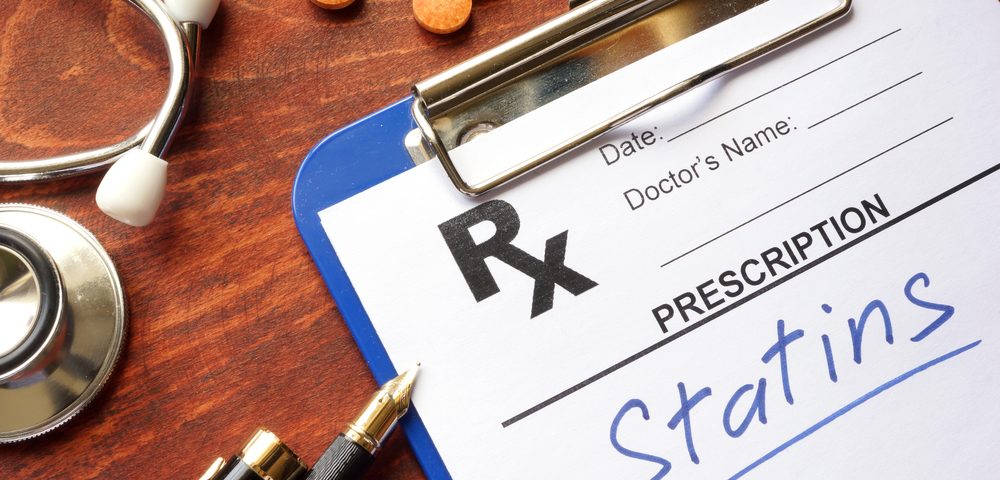Men who began taking statins after being diagnosed with prostate cancer were less like to die than men not on statins, found a Danish study that urged more research to establish whether statins have a real potential to treat the disease.
The study, “Postdiagnosis Statin Use and Mortality in Danish Patients With Prostate Cancer,” appeared in the Journal of Clinical Oncology.
Previous studies of the Danish population found that in general, cancer patients on statins had lower mortality rates, though none looked specifically at people who started taking statins after their cancer diagnosis.
Researchers examined the medical records of 31,790 Danish men aged 35 to 85 years who were diagnosed with prostate adenocarcinoma between 1998 and 2011. Post-diagnosis statin users in this study were men who had two or more prescriptions filled after their prostate cancer diagnosis. But as recommended by other studies, the authors only considered patients as users one year after their second prescription.
“Thus, post-diagnosis statin users were regarded as nonusers until one year after their second statin prescription, and then as users for the remainder of the follow-up period,” said the researchers, who found a 17 percent drop in prostate cancer mortality and a 19 percent reduction on mortality from all causes.
But they found no major effect on risk of death among men who started taking statins before their prostate cancer diagnosis.
Interestingly, only 4 percent of men diagnosed between 1998 and 2001 took statins, compared to 29 percent of those diagnosed from 2007 to 2011. The average for the entire period of the study was 21 percent.
The researchers propose that “additional research is needed to establish whether statins have genuine therapeutic potential in the management of [prostate cancer]. Effects should be investigated according to diagnostic, patient, and tumor characteristics for both [prostate cancer] mortality and intermediate outcomes (eg, [rise in PSA levels]). Interaction with potential biomarkers should also be explored.”
It added: “The potential of statins to prevent [prostate cancer] progression is compelling, as statins have a favorable safety profile and prevent cardiovascular disease.”

